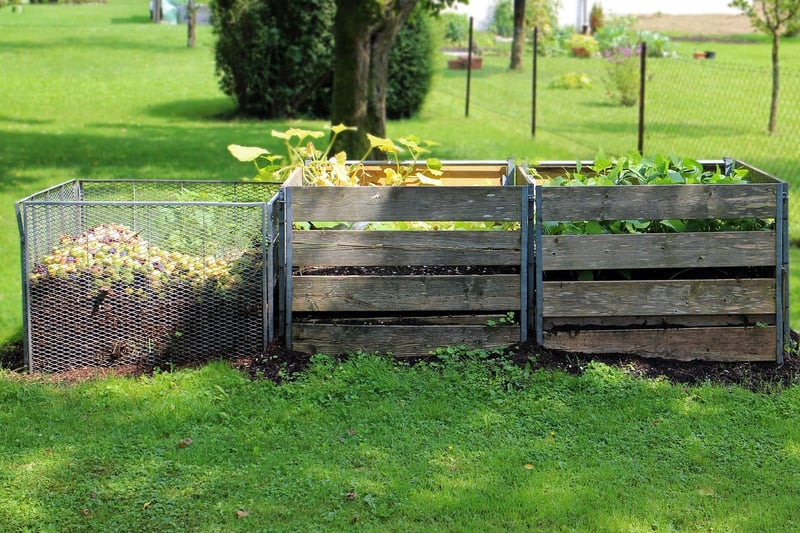Composting
Environmentally Friendly Urban Gardening and Composting
Urban gardening and composting are not only great ways to grow your own food but also contribute to a sustainable and eco-friendly lifestyle. In this article, we will explore the benefits of urban gardening and composting, as well as provide tips on how to get started.
Benefits of Urban Gardening
Urban gardening allows city dwellers to grow their own produce, reducing the need for transportation and packaging associated with store-bought fruits and vegetables. It also promotes biodiversity, provides a green space in urban areas, and can improve air quality.
Image source: Link to Image

Benefits of Composting
Composting is a natural process that converts organic waste into nutrient-rich soil. By composting kitchen scraps and yard waste, you can reduce landfill waste, lower greenhouse gas emissions, and improve soil health in your garden.
Image source: Link to Image

Getting Started with Urban Gardening and Composting
Urban Gardening Tips:
- Choose a sunny spot for your garden
- Use raised beds or containers if space is limited
- Grow herbs, leafy greens, and small vegetables that are well-suited for urban environments
Composting Tips:
- Start with a mix of brown (carbon-rich) and green (nitrogen-rich) materials
- Turn the compost regularly to aerate and speed up the decomposition process
- Avoid adding meat, dairy, and oily foods to your compost pile
By combining urban gardening with composting, you can create a sustainable cycle where food waste is turned into nutrient-rich soil to grow more food. Embracing these practices not only benefits the environment but also allows you to connect with nature and enjoy the fruits of your labor.
